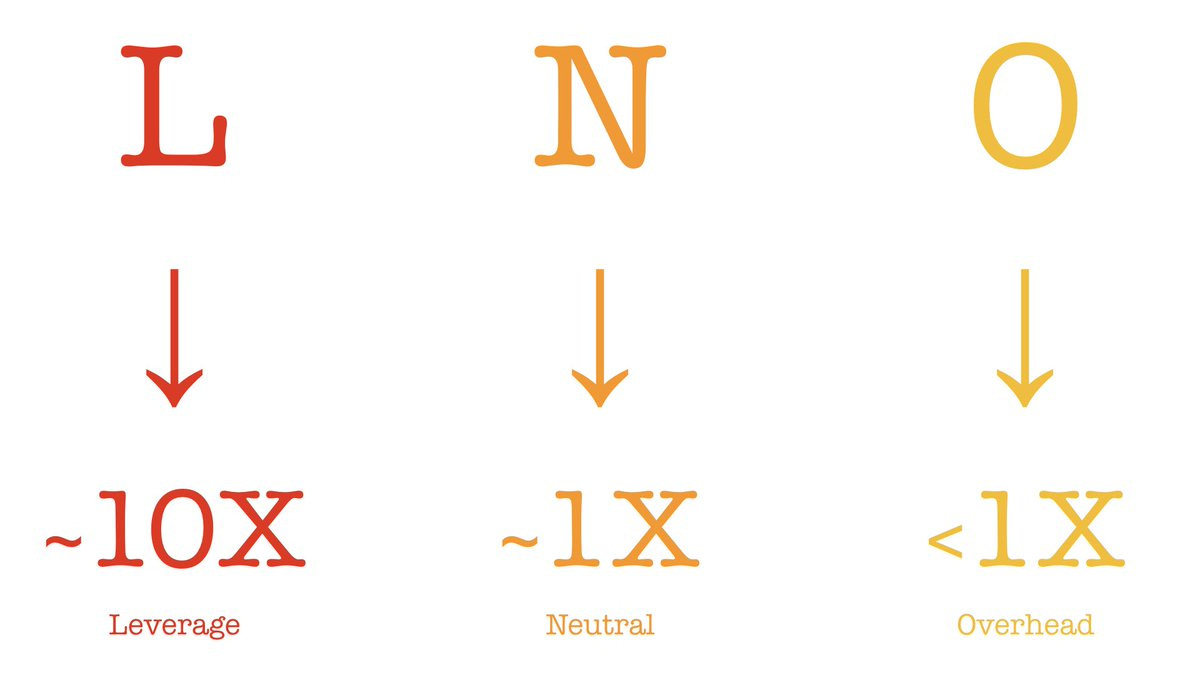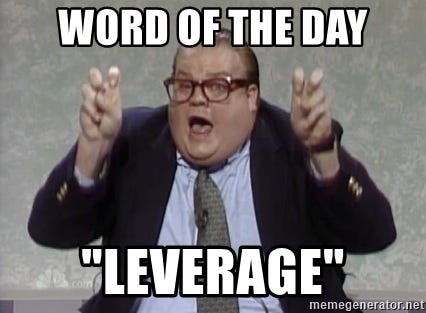Reflecting on my impact during my first 9 months as a first data hire. 🧠 👀
here's what i did, what i feel I'm learning, and what i want myself to remember from this experience.
i’m building the product analytics “team” (currently just me 👋 ) at amplitude and it is, by far, the hardest thing i’ve done. for the past 9 or so months, i push myself daily to think about the impact i’m making or not making, and what is causing me to “do it”. it’s a big lesson for me on learning to live with trusting that the discomfort is a signal of growth and learning to action (but laugh) from failure.
as i was listening (and writing texts of the lines to remember and looking up the referenced tweets) to the episode of Lenny’s podcast with Shreyas i found myself totally inspired and ready to reflect on my journey thus far. so, i wanted to take time and this space to go deep on what i was thinking about as i listened, especially as it pertains to being the first data hire (something that seems to speak to nearly 1/4 of all data jobs today based on the 400 votes from Katie’s tweeted survey back in may; thank you to that survey for making me feel less alone on this journey 💜 .)
warning ⚠️ : this might read more like a rambling blob of word vomit. apologies in advance!
Focus on fast and bite-sized impact, right…?
one of the biggest pieces of advice i’ve gotten from mentors and past managers is: make bite-sized impact, fast. the idea 🧠 ? this will prove value quickly to get folks bought into the importance of your work. 📈
i actioned on this frequently early on at amplitude. i prioritized things like coaching as many of the 10+ product teams as possible on better metrics (not going deep, but seeing how i could add 1% more value), answering the questions folks in leadership were asking (and avoiding those they weren’t asking about to not get stuck in a rut), etc.
was this bad or wrong? no. it wasn’t. but, looking back, i was missing a key element: how should i figure out when to stop focusing on short and quick wins that lack some depth and instead start to lean into longer term more impactful and delightful analysis work?
The L.N.O. framework
this brings me to Shreyas’ L.N.O. (leverage, neutral, overhead) framework that was discussed in this week’s podcast episode. to simplify it: when i joined amplitude i was focused on neutral (N) or overhead (O) work and i was missing the leverage (L) side of things.

what does this mean in practice? i was focused on areas where my goal was really to do a strictly good job or just getting it done, even trying to do a bad job. i didn’t have space to do great; to let my inner passionate analyst shine and thrive and lean into the illusive idea of “perfection” from insights work.
in my opinion, we as insights professionals must lean into the leverage category of work as soon as makes sense: it’s often what motivates us 🔥 , what helps the user the most 🤗 , what helps the business the most 💰 , and — tbh— it helps us keep wanting to do what we do while (hopefully) avoiding burnout 💜.
when i joined, i believe i was operating with some blinders on: i knew i needed to execute those small and quick wins, but i wasn’t sure when to make the transition away from them and into deeper more higher-leverage work. (lucky? 🍀 ) for me, i fell into leverage work based on how my work was shaping up and from conversations with stakeholders. getting there was a little luck, but i definitely felt pain and lack of agency in that transition.
my hope is that by reflecting on my “lucky” path, i’m able to surface some frameworks for myself (and.. maybe you or someone you know?) to leverage that can be helpful if i’m ever a first data hire again in my future. 🔮
Reflecting on how my L.N.O. “investment” shifted over my first 9 months.
if i take a step back, this is my estimation on how my time invested in each bin of the L.N.O. framework over my first 9 months.
what are two key takeaways? 🤔 💭 🪄
N.O. was a driver of diving deep to get context while building trust during my first 90 days and empowered me to grow my focus towards the right L work later on. 🔬🤓
N.O. work both have seasonal drivers, but my goal is to get to a place where leverage work is very rarely impacted by them. 🧱
N.O. Provides Context & Trust Early On
N.O. was a driver of diving deep to get context while building trust during my first 90 days and empowered me to grow my focus towards the right L work later on.
honestly, it would’ve been weird given my experience and the breadth and complexity of amplitude’s organization to walk in and, on day 1, say “here are the highest leverage projects you must work on.” instead, acting on my past managers and current mentors’ advice, my first 90 days were more oriented towards “let me do the work folks know they need.” what did this do?
it was a way of…
building relationships.
understanding what questions folks are biased towards asking.
learning the maturity of the data infrastructure.
getting to know the business and products more deeply.
this felt right and, on reflection, was the right move (thanks past managers and current mentors!) through that journey, the insights work’s impact felt perhaps N or O in its nature, but the context i was building was actually enabling me to move into the L bucket.
a key learning here 🔑 ? in my opinion, a given task can be both N/O and L-leading when split by the dimensions of impact it is meant to have or inform.
once my first 90 days were over, i felt more in a rhythm. i was able to spend less explicit insights time oriented towards N/O impact, as i had built the foundation to go bigger: to leverage my work to hopefully expand and influence at 10x scale (an insight artifact goes from helping 1 team make 1 tactical decision to helping 5 teams strategize around making a quarter’s worth of decisions.)
my advice here for my future self? 👀
it’s okay to feel like the impact and influence of your work is N/O-level when you’re new and gaining context and building relationships!
this is actually likely important if you’re making a transition to a new industry, type of company, scope of role, etc. as it builds trust (in my case going from DTC to B2B.)
after your first 90 days, try to plan at least 1 leverage-oriented project to pull yourself out of the N/O motion. it will be scary and hard, and it will give you deeper insight into the relationships you’ve built thus far.
you’ll see who supports your vision and trusts it, who is still hesitant to trust you or consider change, etc. these learnings will only make you better at targeting high-leverage work (and at bringing folks along with you for that journey) in the future. lean into your advocates and supporters during this uncomfortable period. 💜
just because the impact of your work might be N or O, does not mean that you’re not creating internal leverage for yourself to make bigger impact in the future. it is okay to take your time.
N.O. Work Ebbs & Flows, L Work Sticks
N.O. work both have seasonal drivers, but my goal is to get to a place where leverage work is very rarely impacted by them.
planning season is fun, right? every time it rolls around, i feel myself resisting the pull from becoming a shop that operates only on N/O work. i might be setting up other teams for L-work, but the daily tasks feel…. very N/O in nature.
during my first quarterly planning rotation at amplitude, i felt this pull very strongly. coaching 10+ product teams on outcomes, north stars, and goals felt impossible; how could i ever have enough context or understand their strategy and users deeply enough to help them move forward?
the key learning here 🔑? coaching to help others do their own high-leverage work might be N/O in its day-to-day feeling, but is still part of a broader more impactful network.
that said, it is my strong opinion that data folks working on a lean team, or a team of 1, really should focus on their insights work that can drive the most strategic leverage. coaching is important, but constantly turning up and down the dial on how much of your time is spent in that space can lead to distraction.
when we put our foot in the sand and advocate to maintain the role that L work plays in our day-to-day, we’re doing something huge: ensuring the business’ or business unit’s strategy is 10x’ing. as a team of 1 (or small team), it should be our goal to keep ourselves focused on the sky-level view that trickles down and influences teams and users. i believe and have seen that — thus far —- this will has the strongest impact.
to my future self, when you start to feel that tension of “i have to really lean away from the L work to execute on N/O frequently” a few questions to ask yourself:
is this shift happening because you’re lacking agency?
is this shift happening because you’re lacking resources (including the need to hire more data people)?
is this shift happening because your scope is unclear?
Revisiting L.N.O.
in writing this piece, a few things really stuck out that i want myself to remember:
no one project has to fit into only one bucket of the L.N.O. framework. this ambiguity is healthy and natural and helps recognize the complexity of “the work.”
your investment of time in L.N.O. buckets is crucial and something to always keep in mind to ensure you’re making as much impact as possible.
it’s your job, if this framework is helpful, to make this a shared language that my closest partners and i share. we should have discourse on where a project fits as a means of prioritizing the right work.
you need the L work and you need to protect and maintain it - not just for the business’ sake, but for your own happiness, fulfillment, and learning.
take your time.




